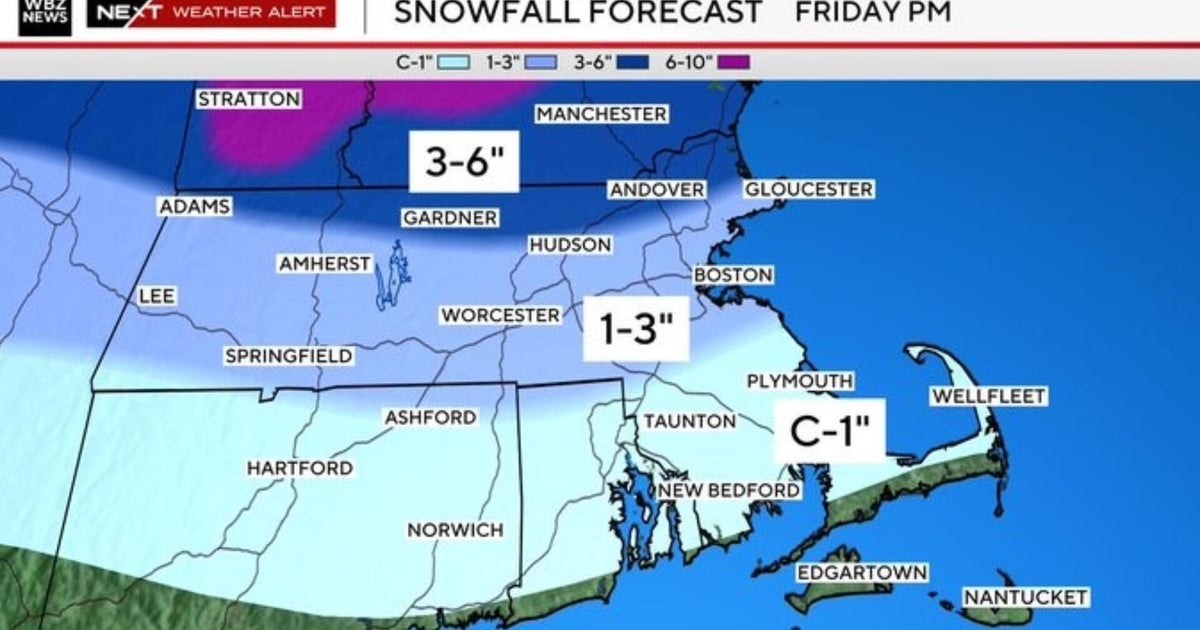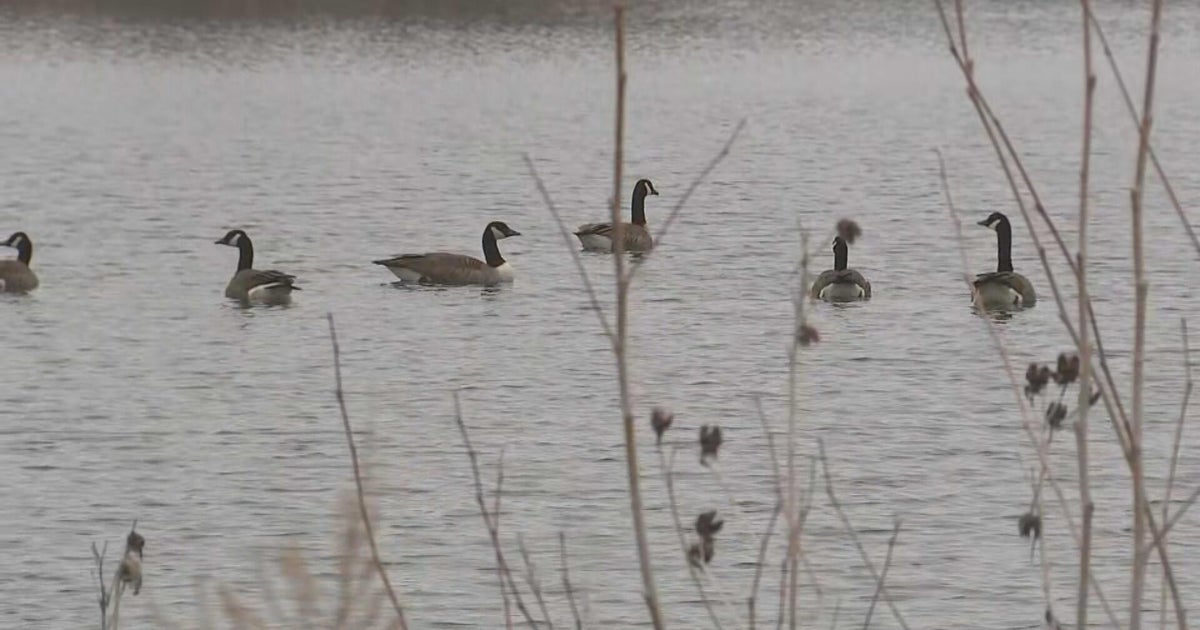Fish consumption advisories issued for 13 Mass. state parks due to elevated levels of PFAS
BOSTON - New fish consumption advisories have been issued by the Massachusetts Department of Public Health after elevated levels of PFAS were found in the water at 13 state parks.
The state has issued different recommendations for each lake depending on its PFAS level. At some, they say eating two fish meals a week is OK, while at others it's only one fish meal every other month.
At Lake Cochituate, fisherman Ross Brown says he'll play it safe and eat nothing. "I wonder if we should be eating any out of there," Brown said. "My view would be why take a chance at eating it when you've been warned as to a certain limit in terms of how many you should ingest."
PFAS are a group of man-made chemicals and have been associated with a variety of health issues.
Alison Field-Juma runs OARS, an environmental non-profit and says we're only now beginning to understand the far-reaching damage done by PFAS, since its introduction as a popular coating for commercial and consumer products in the 1940's.
"Clearly it doesn't go away, it ends up in us," Field-Juma said. "It does point that we should understand new chemicals and new formulations much better than we do."
During recent testing, elevated levels of PFAS were detected in fish sampled from:
• Ashland Reservoir in Ashland
• Chicopee Reservoir in Chicopee
• Lake Cochituate in Natick
• Dennison Lake in Winchendon
• Dunn Pond in Gardner
• Fearing Pond in Plymouth
• Houghton's Pond in Milton
• Pearce Lake in Saugus
• Pequot Pond in Westfield
• Lake Quinsigamond in Worcester
• Walden Pond in Concord
• Wallum Lake in Douglas
• Watsons Pond in Taunton
The DPH sampled water at the locations and PFAS was not found at levels that would be unsafe for swimming or recreational activity.
CLICK HERE for the full advisory list.







